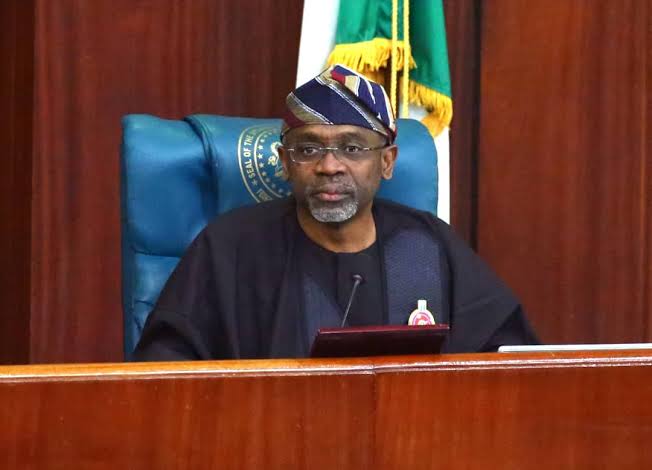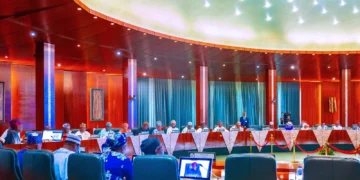The ruling All Progressives Congress (APC) during the campaigns ahead of the 2015 elections amongst other attractive promises assured Nigerians of looking into the age-long argument of restructuring/devolution of power from the centre to federating units.
To this end, APC in August 2017, constituted a committee, headed by the governor of Kaduna State, Nasir El- Rufai, to formulate the position of the party on true federalism, which clamour gained currency over a year ago.
According to its mandate, the committee was to distil the true intent and definition of true federalism as promised by the party during the last electioneering campaign, and to take a studied look at the report of the various national conferences, especially that of 2014; and come up with recommendations.
Unfortunately, the recommendations of the committee are not yet in the public domain and as such, no one can predict exactly the party’s plan as regards restructuring. But Nigerians should not guess far, the lbs are gradually unfolding.
The National Water Resources Control bill which was on Thursday reintroduced on the floor of the House is, indeed enough to suggest that Nigeria is still far from addressing the power imbalance between the centre and federating units.
Interestingly, the bill was almost smuggled-in and forced on Nigerians in September 2020, save for the intervention of the member representing Markudi/Guma federal constituency of Benue State, Benjamin Ben Mzondu. Mzondu, a very vigilant and vibrant member of the PDP raised a point of order to argue that the bill was not gazetted and that clear copies of the bill were not circulated to all members.
The lawmaker said a 2020 bill should have passed first and second reading, be subjected to a public hearing before its consideration at the Committee of the Whole and passed.
“My privilege has been breached because I was denied the opportunity of seeing the bill before it passed.
“The House Rules are clear and unambiguous, Order 12 Rule 16, 17 and 18 is expressly clear on the gazetting Bills.
“I, therefore, move that the bill be completely expunged or be gazetted and subjected to public hearing,” he said.
The bill was then withdrawn and the House resolved to gazette same for reconsideration.
One would not but wonder why the leadership or the House allowed the faulty processes in the attempt to pass the bill if not for underhand dealings there would be more to it than meets the eye. But over and beyond the burst suspicious process, the bill has garnered so much outrage that it appears to further undermine the clamour for devolution of power amongst the top tiers of government, which the APC itself committed to during the campaigns. Riverine states depend on waterways to generate revenue internally, and the bill will now empower the federal government to impose exclusivity of dominance and control on waterways to the economic detriment of riverine states.
Some lawyers have also argued that the bill is a cynical attempt to violate the Land Use Act which gives the state governors absolute power over land within their states in so far as it seeks to take over water resources on landed properties without amending Section 315(5) (d) of the 1999 Constitution of the Federal Republic of Nigeria as amended as prescribed by Section 9 thereof.
I hope that lawmakers from the riverine states and other proponents of devolution of power will look critically at this bill and act according to their co conscience. Vesting in the federal government the power “to protect, use, develop, conserve, manage and control water resources sustainably and equitably for the benefit of all persons,” as intended by the bill, strips of the power to utilise water resources for their benefit. It gives untrammelled control of the most basic natural resource of the federating states and just like in the control of mineral deposits, denies owners of resources authority over their environment. It is my thinking that having an executive bill of this nature makes restructuring/devolution of power in Nigeria is a far cry.





